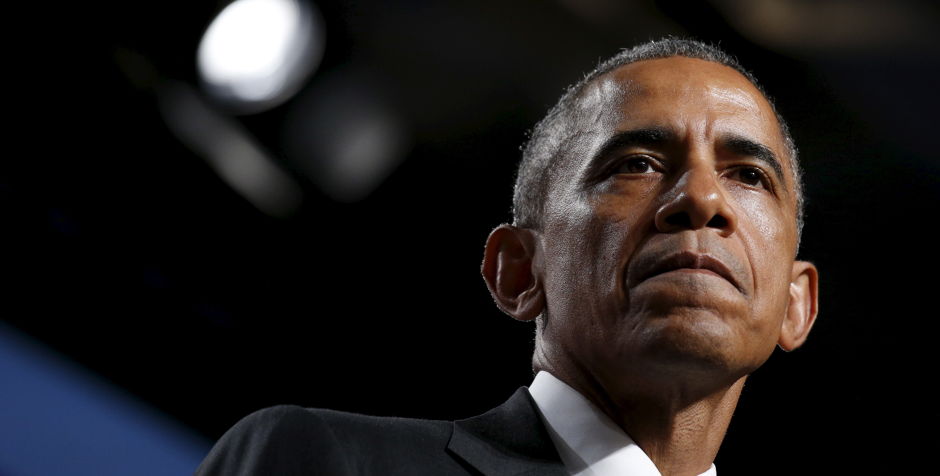Judges Continue to be Skeptical of President Obama’s Executive Overreach
A panel of judges in the Fifth Circuit Court of Appeals expressed immense skepticism last week towards President Obama’s unconstitutional Executive action that unilaterally rewrote our nation’s immigration laws without the consent of Congress.
President Barack Obama appears likely to lose – again – in the protracted legal fight over his executive actions on immigration.
Two of the three appeals court judges who heard oral arguments Friday on the Obama administration’s immigration programs were skeptical about the legal merits of the directive, which could halt deportations for more than 4 million immigrants here illegally who have family ties in the United States.
The chilly reception from the three-judge panel in the Fifth Circuit Court of Appeals on whether Obama had legal authority to take such action seems to indicate that a lower court decision blocking the new programs would stay in place.
The two Fifth Circuit judges who seemed skeptical of the Obama Administration’s legal defenses were the same two that denied the Obama Administration’s emergency motion to allow the unconstitutional action to move forward. In that decision, they expressed that the federal government was unlikely to succeed on the merits in its appeal of the injunction.
The skepticism continued during last week’s hearing. POLITICO had more details on the harsh questioning from Judge Smith and Judge Elrod.
“It puts them one step ahead in terms of being eligible for lots of potential benefits, whether those are Social Security and Medicare, work authorization, earned income tax credits, and on the state level, drivers’ licenses,” Smith said of [illegal] immigrants who would benefit from Obama’s actions. “Just seems to me that … it really is a lot more than prosecutorial discretion.” […]
[Judge Elrod] had questions on whether the Department of Homeland Security had “boundless” authority to grant work permits, and whether so-called “deferred action” — stopping deportation of certain undocumented immigrants — could give work authorization to a broad class of people here illegally.
“It would seem that it would be unlawful to allow other people to have deferred action with work authorization when who gets work authorization is specifically limited to very narrow classes,” Elrod said.
As ACLJ Chief Counsel Jay Sekulow has noted many times: “Impatient presidents don’t get to change the law.” Failure to persuade Congress of your legislative preferences does not justify an unconstitutional action that President Obama himself admitted 22 times he could not do.
Another federal judge in the district court in Texas issued a scathing order, as we reported last week, “demanding individual Obama Administration officials appear in federal court to answer for ‘deliberate’ ‘violations’ of the court’s order halting President Obama’s Executive action on immigration.”
One thing remains certain: the Obama Administration continues to push its unconstitutional and unilateral Executive action in federal courts. Yet, each of their motions continues to be rejected by federal judges. They will likely take their argument all the way to the Supreme Court.
And just as we’ve done at every court and every stage of this litigation, we will continue to represent Americans concerned about defending our Constitution and key Members of Congress.
We have filed four separate amicus briefs already and we will continue to stand up for the U.S. Constitution and its foundational principles that protect our fundamental freedoms.
